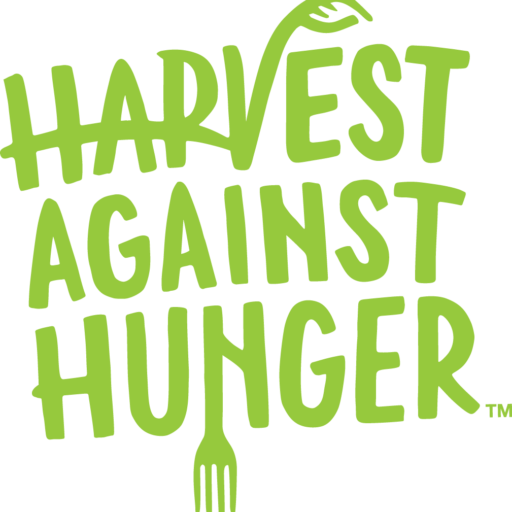How Can We Help?
Gleaning donors, both commercial and residential, are the backbone of the gleaning program at MADF, enabling it to bring fresh, healthy food directly to the community. Without these generous contributors, the gleaning program simply wouldn’t be able to operate. Commercial donors, such as local farms and orchards, provide large quantities of surplus produce that might otherwise go to waste. Their donations are instrumental in maintaining a steady supply of fruits and vegetables that the food bank can offer to families in need, helping bridge the gap in food access with fresh, nutritious options.
Residential donors play an equally essential role, as many people with gardens or fruit trees generously share their surplus produce with the program. These donations not only support the food bank’s mission but also foster community engagement in addressing local food insecurity. By building relationships with both commercial and residential donors, the gleaning program ensures a reliable flow of produce during the harvest season, turning what might have been food waste into a valuable resource that improves the health and well-being of those in need.
Gleaning Donor Recruitment
To strengthen the gleaning program at MADF, a focused donor recruitment effort is underway, led by the Gleaning Coordinator, who actively attends all gleaning events and prioritizes face-to-face interactions with local farmers. Recognizing that personal connections often yield better results than virtual communications, the Coordinator is dedicated to fostering relationships with new gleaning donors. The Harvest VISTA plays a supportive role in this initiative, assisting with outreach and engagement efforts. Together, they are collaborating to create a new gleaning program website on the MADF platform, designed to streamline the signup process for both donors and volunteers. This new site will make it simple and efficient for interested individuals to get involved, ensuring that the food bank can continue to gather and distribute fresh produce to those in need.
Gleaning Volunteer Communication Before and After Service
Before
Effective communication with donors prior to gleaning events is crucial for ensuring a smooth and productive experience. MADF focuses on gathering essential information from each donor before their participation:
- Farm/residential garden information
- Point of contact name, phone and email
- Organization social media
- Date of glean
- Location
- Produce to be gleaned
- Produce quality
- Best time of day to harvest
- Tool availability
- Wash station availability
- Use of insecticide
By collecting this information in advance, the gleaning coordinator can better plan for the day, ensuring that volunteers are equipped with the necessary tools and knowledge to maximize the gleaning effort. This proactive approach not only enhances the efficiency of the gleaning process but also strengthens relationships with donors, demonstrating the food bank’s commitment to effective collaboration and community engagement.
After
Following gleaning events, it is vital to communicate effectively with donors to nurture relationships and ensure their continued support. MADF places a strong emphasis on thanking each individual donor for their contributions, underscoring the significant impact their generosity has on the community. Personalized messages expressing gratitude not only demonstrate appreciation but also reinforce the value of their donations in addressing food insecurity. Furthermore, the food bank is considering hosting a volunteer and donor gala to celebrate the collective efforts of both groups, fostering a sense of community and engagement. This event would provide a platform to share success stories, recognize individual contributions, and maintain connections during the off-season, encouraging ongoing involvement and support for the gleaning program. By prioritizing post-event communication and engagement strategies, the food bank can cultivate lasting relationships that enhance the sustainability of its initiatives.



